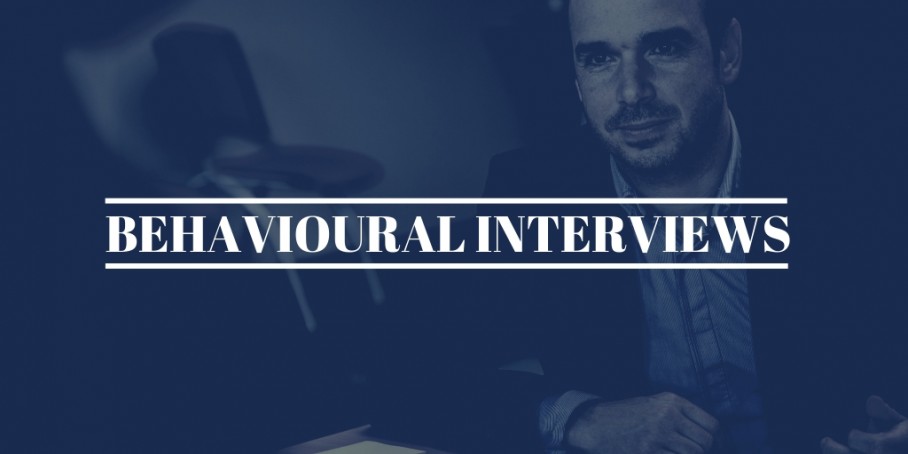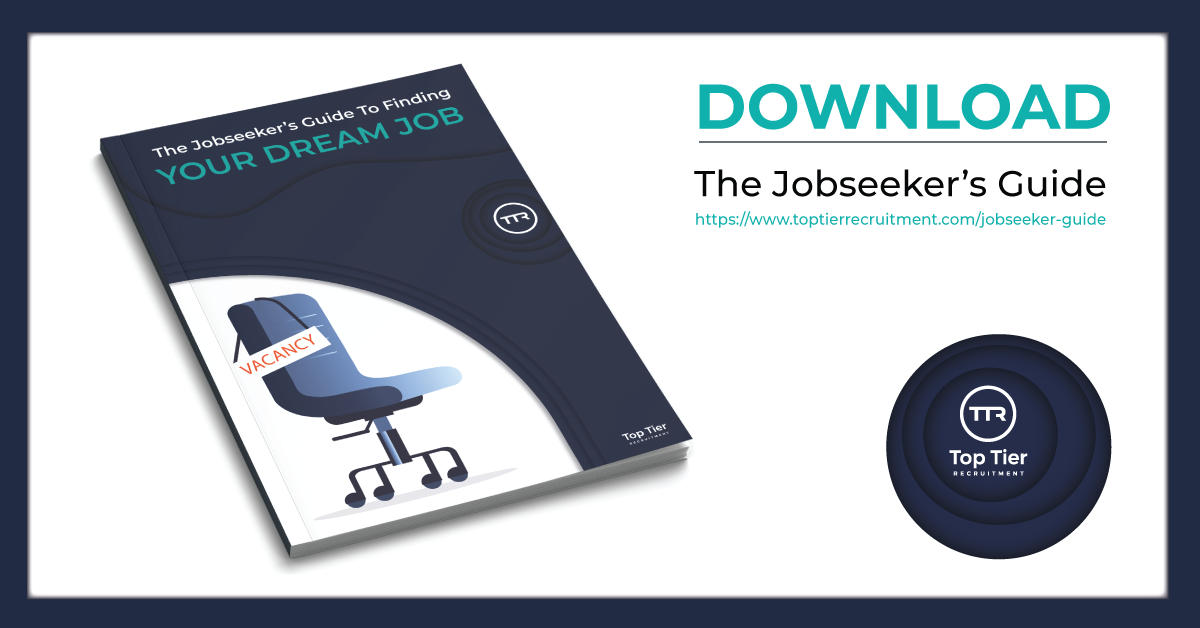How To Answer Behavioural Interview Questions

Many businesses use behavioural interviews to assess the skills, knowledge, and values of potential new employees.
If you joined Laura & Paul for the recent episode of the Your Pursuit Of Happiness podcast, you would have heard them discussing exactly what is behavioural interviewing and how best to answer the questions you'll be asked.
Have a listen to the episode on how to answer behavioural interview questions . . .
But first . . .
While You're Here: Get The Jobseeker’s Guide To Finding Your Dream Job
Want some extra help to land the job of your dreams? 
The 'Jobseeker’s Guide To Finding Your Dream Job In Ireland's Financial Services & FinTech Industries' will help you put a plan in place to secure your dream job. You’ll know how to prepare well, how to ace those interviews, and how to handle the next stage.
You can download the free Jobseeker's Guide now.
Podcast Discussion
Ok, let's get into the discussion . . .
How To Answer Behavioural Interview Questions
Behavioural interview questions are questions that are designed to explore competencies in the candidate.
These competencies and strengths can include the 'softer' skills such as: how you work under pressure, your communication skills, and your ability to work as part of a team.
They're kind of the types of things that are hard to write down on paper or to demonstrate on paper. It's the kind of thing found at the end of your CV. You say you've got communication skills or attention to detail but how do you prove it?
Behavioural interview questions are designed to bring that out and to give you the opportunity to demonstrate those types of competencies.
The STAR Method
The STAR method is definitely the best way to go about answering those types of questions. It's a good way to structure any answers to interview questions.
The idea behind the STAR method (S.T.A.R) is to ask for a specific Situation, you describe a Task (which is the goal you're working towards), the Actions that you took, and then the Results.
Your answer needs to be specific. It needs to be about an actual task, and I would really advise people not to make something up because you'll get caught somewhere along the way.
It gives you the opportunity to give some thought to a few different answers to questions. You'll find that a lot of situations fit the same competencies.
For example, let's say that you're in a sales role and you want to break into a new industry or sector. That's your situation, you want to break into a brand new sector. The tasks might be establishing a brand new client base and generating revenue. Your actions would be around researching that industry, contacting industry bodies, speaking with people in your network, and generally just generating a target list. Then you could break it into small, medium, and large companies, and then start with approaching, maybe with an email marketing campaign or cold calls, whatever it is. The result could be that you signed up 10 new clients in the first three months, leading to X revenue and a strong pipeline.
The trick with the STAR method or a lot of interview questions when you're asked is that you give enough information that the interviewers can understand what was going on but that leave enough room for follow-up questions.
It's a little like a CV. You want to make sure there's enough on it to get you in the door but you don't want to give everything away.
You want to give yourself the opportunity to be asked about the situation and sell your successes in more detail.
Need Help?
If you want any information or are interested in one of our roles in the Fintech and financial services industry, get in touch with us at Top Tier Recruitment.
Check out our podcast and, if there's ever anything that you would like discussed, feel free to get in touch, info@ttrmail.com.
If you need further help with your career and interested to learn more about career coaching, visit Possible Coaching today to arrange a introductory call!